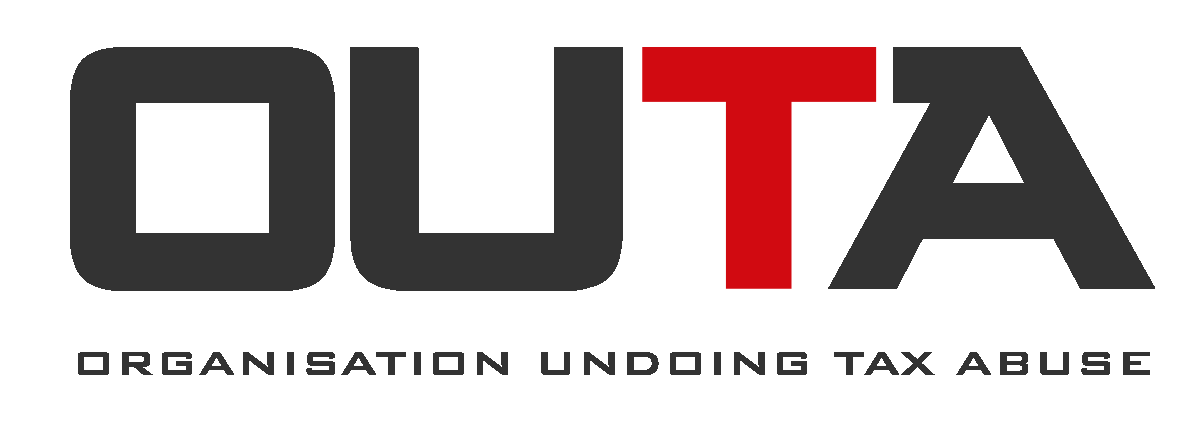Graphic: OUTA
Eskom price increase is a challenge for South Africans and Eskom
For South Africans, there is no escape from spiraling electricity prices and increased loadshedding, as customers are expected to shore up our failed electricity utility. For Eskom, there is huge pressure to improve its energy availability factor (EAF) to above 65% to meet the regulator’s conditions, whilst not being given the full extent of its 32% increase application.
Eskom’s prices will go up 18.65% on 1 April for standard tariff customers, said NERSA on Thursday, while South Africa was in the grip of stage 6 loadshedding. This is the increase for Eskom direct customers, which includes municipalities; the municipal increase will be clarified later and will kick in from July.
Eskom is in severe trouble: it had to update its original price application last year but even that does not take into account the enormity of the current loadshedding and thus the extent of the need for expensive diesel-powered open-cycle gas turbine (OCGT) generators. NERSA granted Eskom about 90% of the allowable revenue it asked for, a reduction that included halving its planned use of OCGT during loadshedding from 12% of total generation to 6%. NERSA pointed out that even at 12% Eskom would still have to loadshed and ordered it to improve energy availability.
“OUTA is outraged at government’s failure to help South Africans to weather this storm. In effect the failure of government to fast track the Independent Power Producer Procurement Programme has meant that excessive diesel is being consumed as Eskom is trapped in almost fulltime used of the OCGTs to reduce loadshedding,” says Liz McDaid, OUTA’s Parliamentary and Energy Advisor.
While it is unclear what NERSA will do if Eskom doesn’t meet the EAF requirement, McDaid said it was encouraging that NERSA was pushing Eskom on this. “NERSA is driving in the right direction by pushing Eskom to fix its own house and should be commended for that,” she said.
However, this is not enough to end the electricity crisis, says McDaid. Eskom has acknowledged that corruption adds to the breakdowns at the coal power stations, and McDaid said it is urgent to address this effectively. “We also need a forward-looking energy minister who sees the value of renewable energy and fast tracks its implementation to get affordable energy onto the grid,” she said.
NERSA granted an average increase of 18.65% for standard tariff customers in April, so the price goes from 146.48c/kWh (2022/23) to 173.80c/kWh, and then another 12.74% in April 2024 to 195.95c/kWh. This is linked to an allowable revenue rising from R249.726 billion for the current year to R318.922 billion for 2023/24 and R352.166 billion for 2024/25. The allowable revenue for 2023/24 and 2024/25 includes court-ordered additions of R15 billion each year to refund the government bailout which NERSA had previously illegally deducted and regulatory clearing account (RCA) amounts.
The decision comes against a background of months of severe load shedding, economic stagnation, high unemployment, massive customer debt to Eskom, government’s failure to provide solutions to the municipal and Soweto debt. Treasury’s solution to the Eskom R400 billion debt problem is still awaited. Customers can’t afford current prices, which begins to move electricity closer to the realm of a luxury item. Eskom and municipalities are moving towards increasing the fixed monthly charges for consumers, to ensure a steady revenue stream even when customers reduce their usage, which limits customers’ control over their spending.
In September, OUTA made a formal submission to NERSA to oppose Eskom’s price application, calling for NERSA to grant a maximum of a consumer price index (CPI) tariff increase. This increase is way beyond that and is unaffordable for most consumers.
More information
A soundclip with comment by OUTA Parliamentary and Energy Advisor Liz McDaid is here.
Graphics below: Slides from NERSA's announcement of the price increase. The top slide shows what Eskom applied for and what NERSA approved and the bottom slide shows the average tariff increases. Source: NERSA


